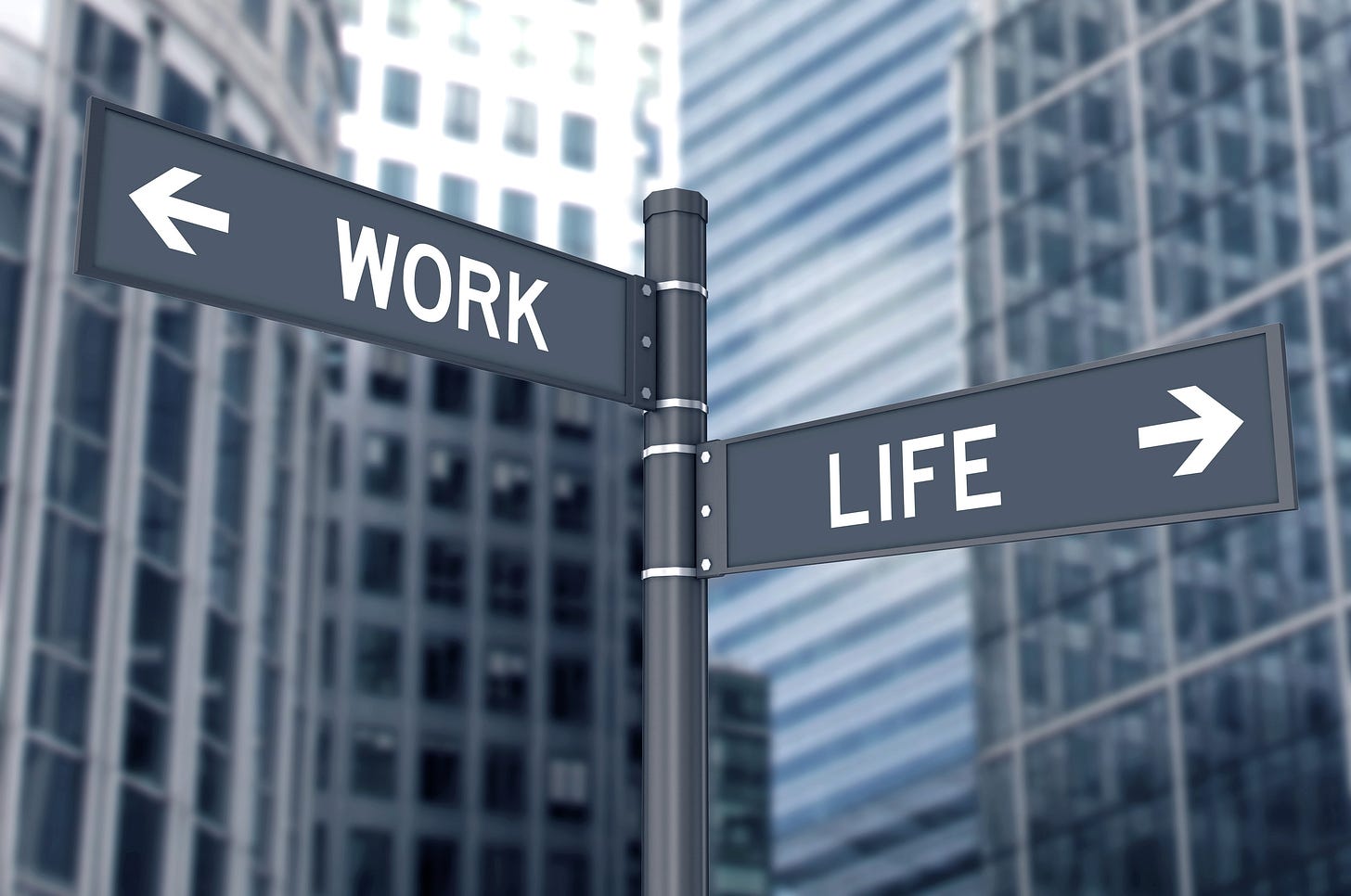Introduction
Welcome to The ContraMind Code.
The ContraMind Code provides you with a system of principles, signals, and ideas to aid you in your pursuit of excellence.
The Newsletter shares the source code, through quick snapshots, for a systems thinking approach to be the best in what you do.
The Code helps you reboot and reimagine your thinking by learning from the best and enables you to draw a blueprint on what it takes to get extraordinary things done.
How the Workplace will Change in the Next 10 Years
This is a report released by Gartner on the workplace of the future- why the future of work will never be the same and how the pandemic has accelerated it.
Here are some key takeaways:
Middle management will have different responsibilities. In a hybrid workplace, the concept of hands-on assistance will not be there. This requires new skills and methods to manage people remotely.
Upskilling and digital dexterity will outweigh tenure and experience. Tenure and experience will matter less and less as, at work, people will have to employ creativity, critical thinking and digital upskilling to solve complex problems.
Employee data collection will expand. Not only will tracking productivity and engagement gain importance in this new workplace model, but using technology tools to track well-being will also be added as more and more people work remotely.
Smart machines will be our colleagues. Smart machines will enter to the workplace as colleagues doing the work previously done by humans but only better, more efficient and faster. It will be essential to move to more and more cognitive areas of their functions as routine jobs will be automated.
We will work for purpose and passion, not just money. Just paying and attracting people with high salaries may not be good enough and attractive anymore. People will look for workplaces where they can create social impact, and many would want to do this earlier than waiting for retirement.
How To Communicate Data Effectively
In this podcast, Prof. Chip Heath, the Thrive Foundation for Youth Professor of Organizational Behavior, Emeritus at Stanford Graduate School of Business.
Chip Heath talks about the importance of quant being translated in this podcast. Here are some interesting lessons from this conversation:
Many people in the world don’t understand numbers like the numbers people, hence, the need to translate the numbers to make them more tangible.
We have to make data emotional because emotions are what drive us to act.
As a non-numbers person, force the ‘numbers people’ to explain the story behind numbers and not just read the table or charts.
Paint a picture of the data and explain it concretely.
Listen to the entire episode on:
Transitioning From a Corporate Job to Self-Employment
Jeffery Shaw is a well-known speaker, coach and author of the book Self-Employed Life. In this conversation, he talks about the challenges of being self-employed and what is the mindset transition to be made if one is shifting from a corporate job to becoming self-employed.
The degree of clarity one has in their head when they move from traditional employment to self-employment is the biggest challenge and transition to be made.
Being smart and having the best skill set is just not good enough. It would help if you dug deeper about yourself and what you want to do.
Unlike a traditional job where what you do is compartmentalised, when you work for yourself, it is one complete integration of ecosystem - both professional and personal which needs to be managed very differently.
Personal development is in your own hands. You will only go as far as you have developed yourself in believing what you are capable of and deserve. You will not out succeed what you inwardly have convinced yourself you are ready for.
Develop business strategies which are relationship-based and not transaction-based.
Think of it as balancing a life and not doing a job.
Being prepared for the level of work you are going to do can surprise you.
Work-Life Fusion
One term that got our attention this week was work-life fusion.
If the future of work is going to be hybrid, work-life balance will not be a phrase we hear in a few years time. It will become extinct.
The space of work and life will be increasingly getting integrated. The earlier mental compartments people used to have about work and personal time will be broken. The concept of work timings will start to go away. You will have to get used to ‘Work Moments’, which you will need to learn to manage and handle. There will be work moments which will not necessarily go by the clock. You must develop mental dexterity to switch-on and switch-off many times during the day.
Also, work tenure is becoming shorter and shorter, but it is getting more intense. The skill sets needed too will change every few years. Therefore, expecting your company to up-skill may not be enough. Hence, you will need to have the ability to build your skill dexterity. You will have to work, do, learn, and train on the job concurrently. You have to think like a self-employed person managing work, personal time, and skill development, finance as only that will act as insurance for your future and personal growth.
You will need to build an ecosystem to support this work-life fusion as work and personal life will become increasingly intertwined.
Some of the lessons we learnt from this week’s mission:
Hybrid workplaces of the future will require new skills and will throw open new opportunities. Building mental and skill dexterity is essential to handle the great transition.
Data throws rational insights and, many times, inaction. Adding emotion to data can help improve understanding of the numbers and drive action.
Every job of the future will require significant components of self-employment traits. It makes immense sense to be aware, learn and adopt some of the characteristics in what you do at work today.









